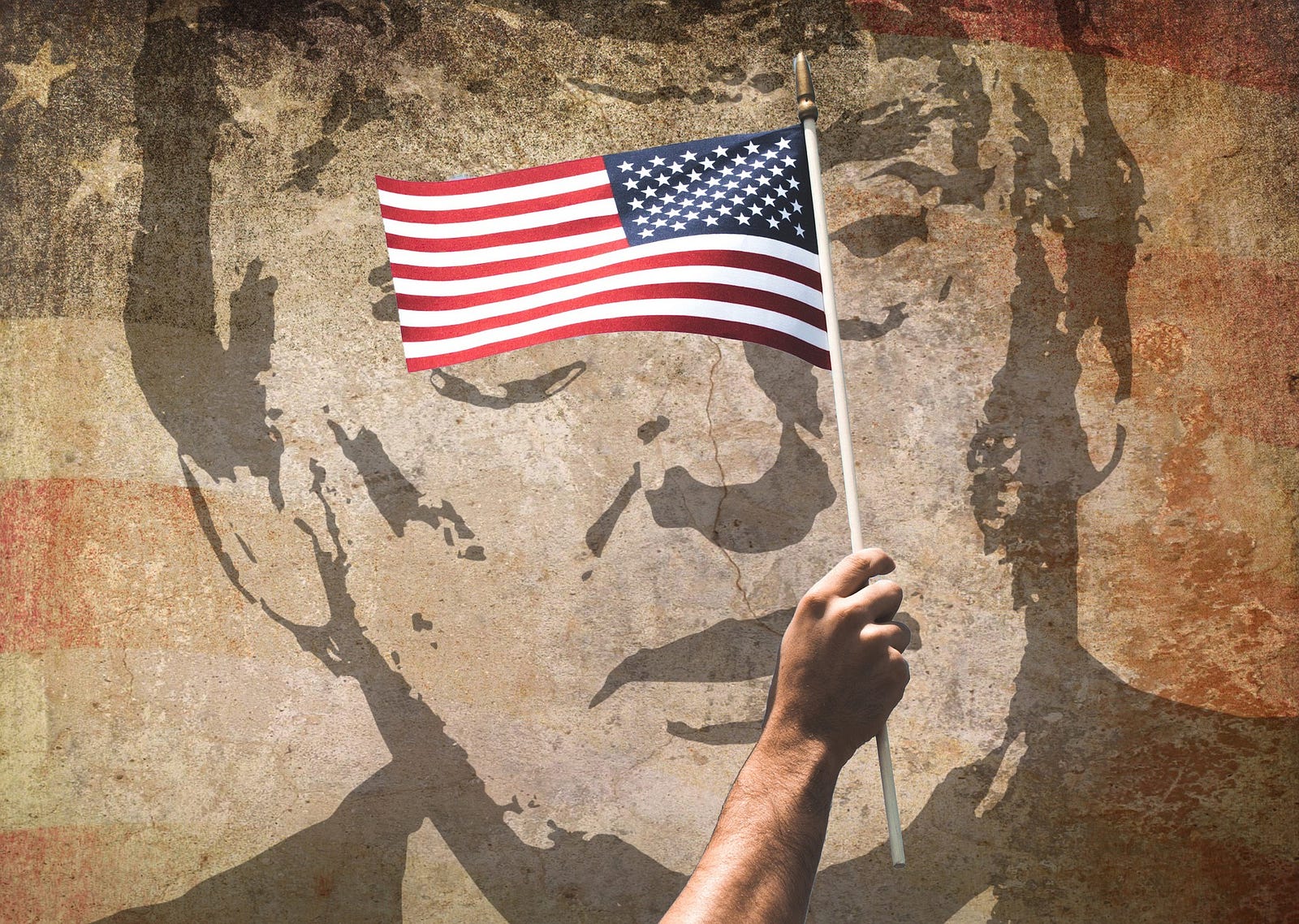
The proverb says, “Promises cost nothing, it’s the giving that will wipe you out.” In last week’s Twitter rant for “fair trade,” President Donald Trump justified the political, protectionist tariffs coming into effect in order to placate his supporters.
Can a ‘Trade Wall’ Really Be Built with Our Country?
According to the U.S. Department of Commerce’s own figures, in 2017, general trade between the United States and Mexico increased 6.3 percent, which means a commercial exchange of $557 billion. However, since his campaign, the U.S. president has criticized the approximately $71 billion imbalance tilted toward the Mexican economy, blaming our country for the trade deficit of his own.
Can trade be seen as a game where only some win and others always lose? Absolutely not.
In the 19th century, President James A. Garfield pointed out, “Commerce links all mankind in one common brotherhood of mutual dependence and interests,” and therefore trade balance, especially in an increasingly globalized world, cannot be understood without the risks of “patriotic” measures for the domestic market.
President Trump is falling into lockstep with the economic nationalism he promised: protection for domestic consumption, employment and training for local workers, and measures aimed at eliminating dependency on other regions. Even so, the price he will pay, in the medium − and long − term, in innovation and competitiveness compared to other markets will not be any less.
Although the premise of “Buy American” has been around since 1933 as President Herbert Hoover’s response to the Great Depression, current campaigns for Buy American, Hire American, and America First (taken up again by President Woodrow Wilson) suggest a strong setback for our American neighbors, who seek to isolate themselves from the rest of the world in matters of trade, energy and security, among many other areas.
Seneca said, “The fear of war is worse than war itself.” For Mexico to believe that its only trade partner can and should be the U.S. market, and that our growth wholly depends on its policies, is faulty. On the one hand, a large part of its production chains and consumer needs are covered by us and, on the other, exports from our country are becoming more diversified.
Businessman and writer E. Joseph Cossman defines obstacles as, “things a person sees when he takes his eyes off his goal,” and if Mexicans want to continue bolstering our commercial strengths, we must avoid political, commercial, and financial speculations that weaken us as a nation.
The next commercial threat from the current U.S. administration looms over the automotive sector since President Trump “will not rest until there are no Mercedes on Fifth Avenue.” This will undoubtedly affect the Mexican manufacturing sector, but also U.S. consumers and, of course, the re-election dreams of the current president.

Leave a Reply
You must be logged in to post a comment.